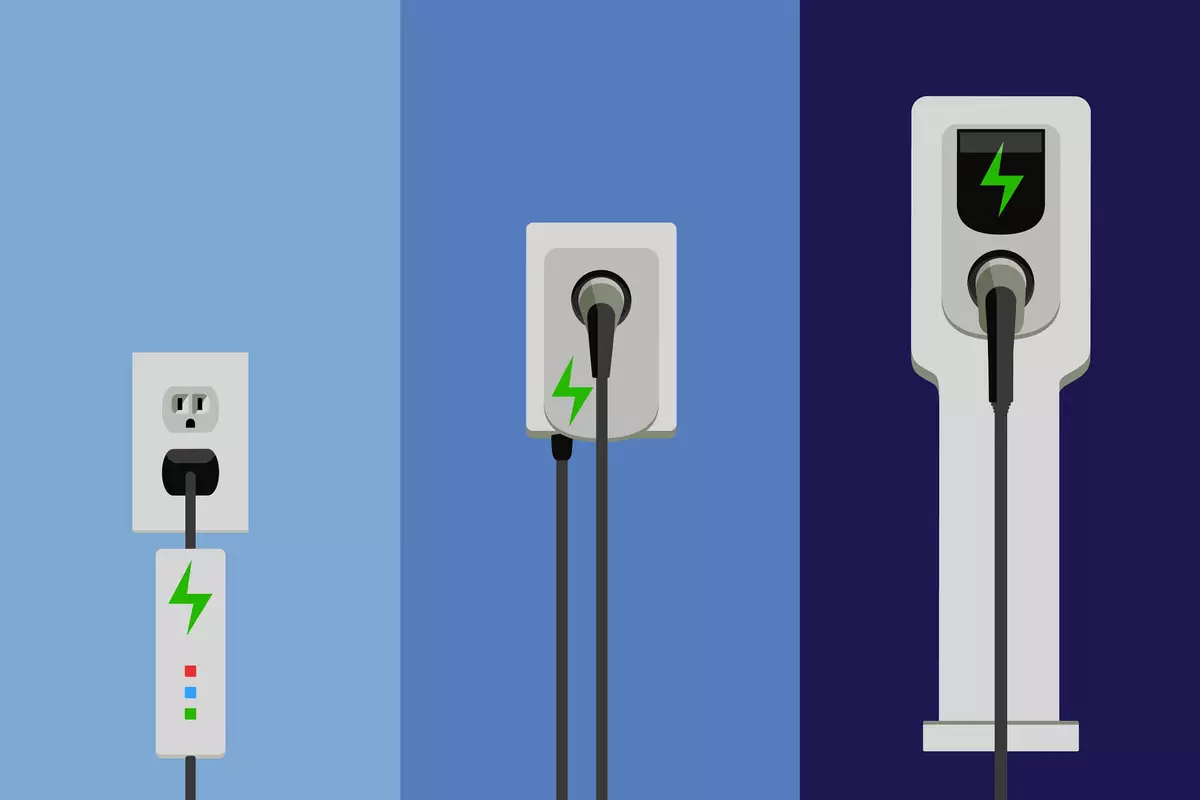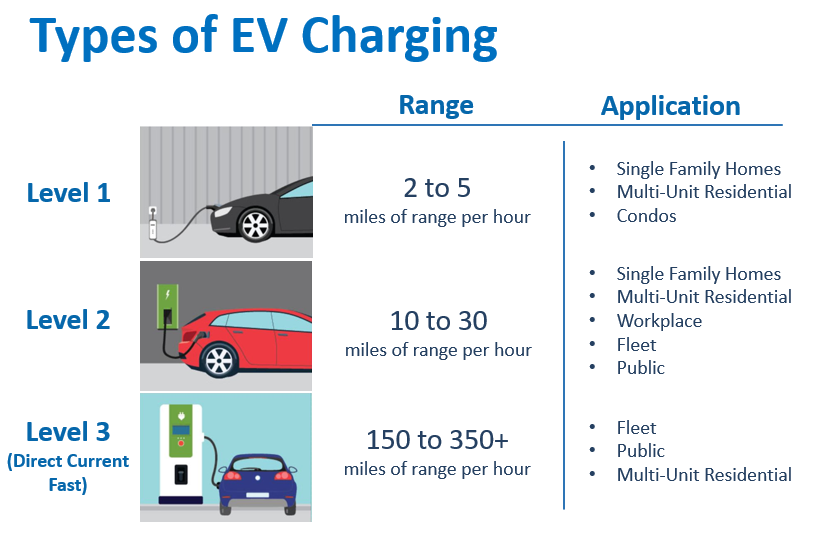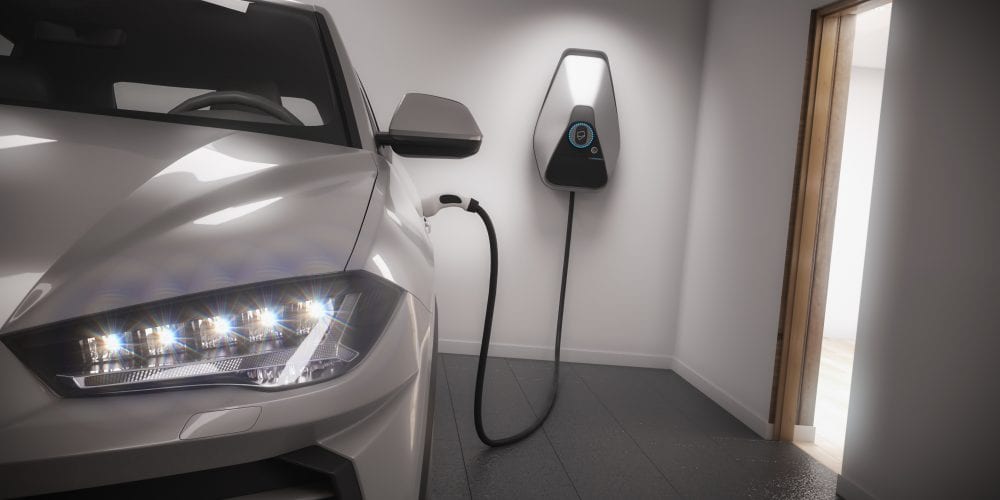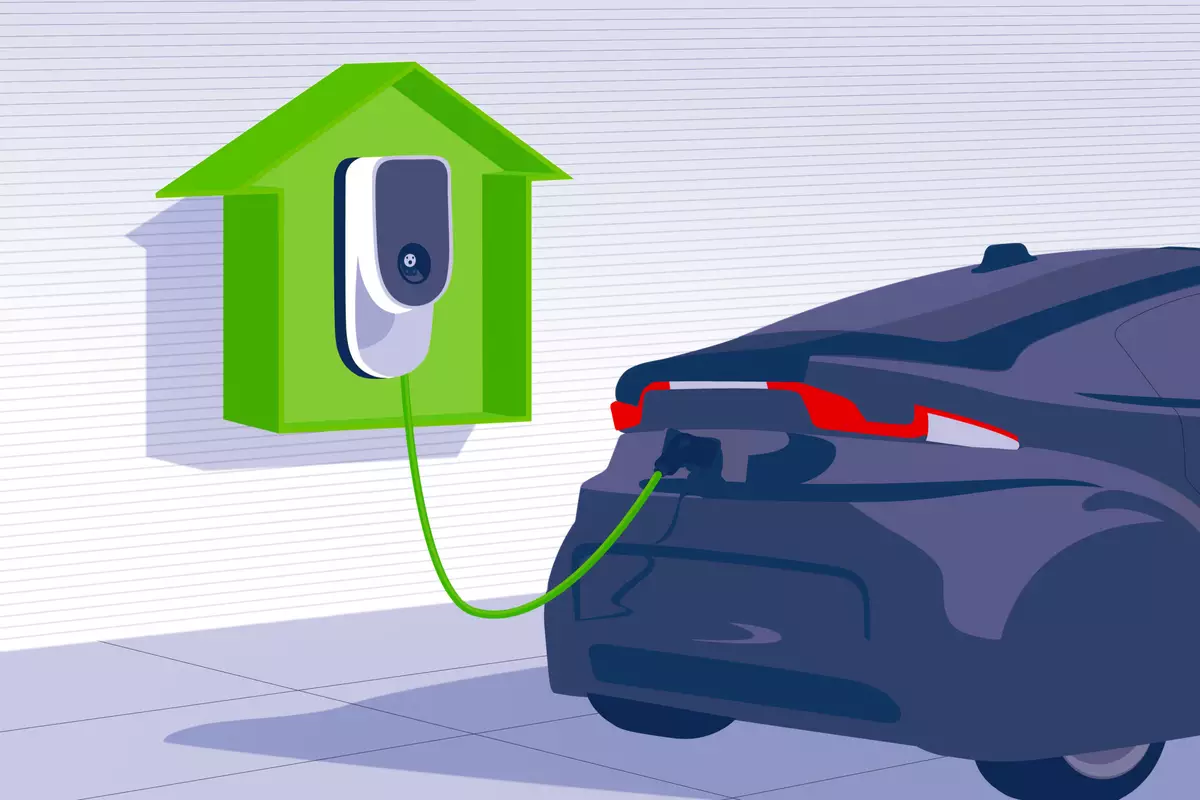Embracing the Future of Mobility with Home EV Charging
As electric vehicles (EVs) become increasingly popular, the need for efficient and convenient home charging solutions has never been more important. Selecting the right EV charging station for your home is crucial to ensure you enjoy the full benefits of your electric vehicle. This comprehensive guide aims to provide you with everything you need to know about home EV charging stations, helping you make an informed decision that suits your lifestyle and needs.

Understanding the Basics of EV Charging
What is an EV Charging Station?
An EV charging station, also known as an electric vehicle supply equipment (EVSE), is a device that supplies electrical power to charge electric vehicles. These stations vary in charging speed, features, and compatibility with different vehicles.
Types of EV Charging Stations
- Level 1 Chargers: These are the most basic chargers, often included with your EV. They plug into standard household outlets but offer slow charging speeds.
- Level 2 Chargers: Faster and more efficient, these chargers require professional installation and a 240-volt supply. Ideal for home use.
- DC Fast Chargers: The quickest charging option, typically found in public charging stations, not usually suitable for home use due to their high power requirements.

Selecting the Right Home Charging Station: Factors to Consider
When choosing a home EV charging station, it’s essential to consider various factors to ensure you get the most suitable option for your needs. Here’s a deeper dive into these factors with specific examples and potential links to manufacturers for enhanced understanding and backlinking opportunities.
Charging Speed: How Fast Do You Need Your Vehicle to Charge?
- Level 1 Chargers: Ideal for overnight charging. For example, a Nissan Leaf might take around 20 hours to fully charge on a Level 1 charger.
- Level 2 Chargers: A popular choice for home use. A Chevrolet Bolt EV, for instance, can be fully charged in about 9 hours using a Level 2 charger.

Compatibility: Ensuring the Station Matches Your EV Model
- Tesla Models: Tesla vehicles come with a proprietary charging connector. However, they can use standard charging stations with an adapter. For example, Tesla’s Wall Connector provides a fast charging speed specific to Tesla models.
- Standard J1772 Chargers: Most non-Tesla EVs in the U.S. use the J1772 connector. Chargers like the ChargePoint Home Flex are versatile and compatible with a wide range of vehicles, from the BMW i3 to the Hyundai Kona Electric.
Installation Requirements: Electrical and Space Considerations
- Assess your home’s electrical system: Can it support a Level 2 charger, or will upgrades be needed?
- Space requirements: Ensure you have a suitable location for the charger that’s accessible to your vehicle.
Smart Features: Enhancing Your Charging Experience
- WiFi Connectivity: Products like the Enel X JuiceBox offer WiFi connectivity, allowing remote monitoring and control.
- Scheduling: Charge during off-peak hours to save on electricity costs.
- Energy Usage Tracking: Useful for managing your energy consumption and costs effectively.
Cost and Incentives: Budgeting and Financial Benefits
- Cost Considerations: Prices vary widely, from around $300 for basic Level 2 chargers to over $1,000 for advanced models with smart features.
- Incentives: Check for federal and state tax credits or rebates. For instance, the U.S. federal government offers a tax credit for EVSE installation under certain conditions.

Installation and Maintenance
Professional Installation
Professional installation by a certified electrician is crucial for safety and efficiency. They will assess your home’s electrical system, obtain necessary permits, and ensure a seamless installation process.
Maintenance Tips
Regularly inspect your charging station for any wear or damage. Keep the area around the charger clear and ensure the charging cord is properly stored when not in use.
FAQs: Addressing Common Concerns
- Q1: How long does it take to charge an EV at home?
- A1: Charging times vary based on the charger level and your vehicle’s battery capacity. Level 2 chargers generally provide a full charge overnight.
- Q2: Can I install a charging station if I rent my home?
- A2: Yes, but it’s essential to get permission from your landlord and understand the installation’s implications on your living arrangement.
- Q3: Are there any safety concerns with home charging stations?
- A3: When installed and used correctly, home charging stations are very safe. However, it’s important to follow manufacturer guidelines and regular maintenance.
Powering Your EV Journey with Confidence
Choosing the right home EV charging station is a significant step towards a sustainable and convenient lifestyle. By considering the factors outlined in this guide, you can select a charging solution that meets your needs and enhances your EV experience. Remember, for any installation and service needs, Paschal Air, Plumbing & Electric is here to help. Schedule your next appointment with us at Paschal Air, Plumbing & Electric and embrace the future of home EV charging with confidence.

